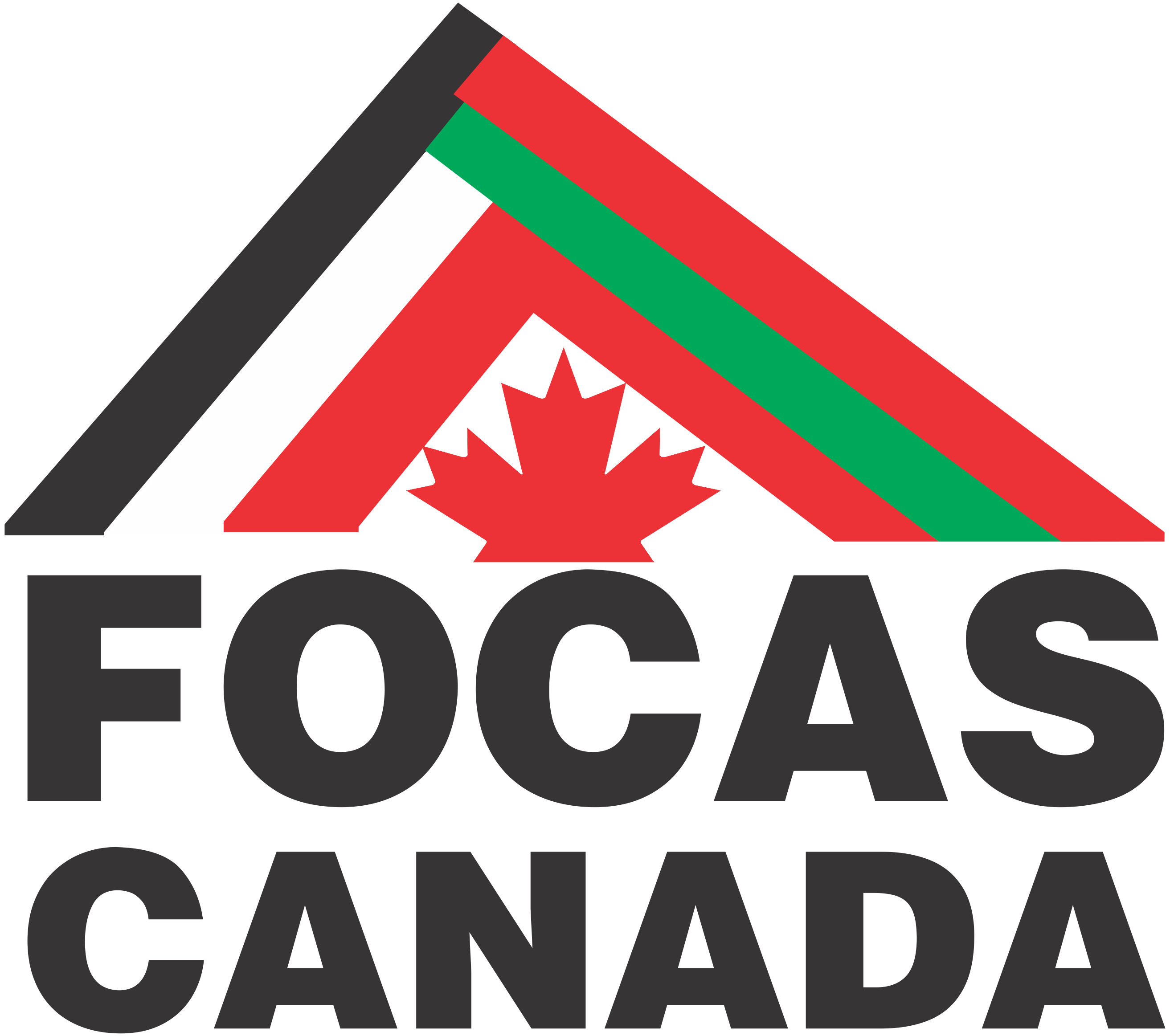YOUTH EMPOWERMENT PROGRAM
Most of the young immigrants from East Africa came to Canada as refugees. Almost all of these immigrant children/youth lived in refugee camps and were subjected to a lot of hardships and traumas. Separating from, and/or losing parents or other family members, was a common occurrence during the migration and resettlement process. These experiences may create feelings of cultural displacement, instability, increased stress levels and make the young person’s adjustment more difficult. That also often results in a range of behavioural and/or mental health issues which greatly impacts their settlement in Canada.
The other important element is their education. Most of the children and youth fled their country of origin before they finished school. Those who may have had chances of schooling in the refugee country most often dropped out for the resettlement process. However, when they come to Canada and want to continue their schooling, they face a lot of challenges and barriers including limited English proficiency (both in parents and children), less well-educated parents, and inadequate or interrupted schooling, as well as gaps in their schooling. In addition, they are dealing with major differences in the Canadian school culture which results in interpersonal challenges. They may also have attendance problems due to their role as interpreters or child care providers for working families.
By the same token, parents also struggle with their children’s education due to the different cultural norms regarding the school’s role, their limited English language skills, and lack of knowledge and understanding of the Canadian educational systems and curriculums. Furthermore, the parents have very busy lives with work and struggling to make ends meet. Living in poverty is common which forces children to live in overcrowded housing and neighborhoods with fewer resources and/or higher rates of crime and exposure to illicit drugs and gang lives.
Nevertheless, children and youth learn the new culture and norms faster than their parents. Most cases that leads to intergenerational conflict, where role-reversals may occur, are when children acculturate more quickly and acquire English language skills before their parents. Paradoxically, parents are often particularly worried about their children’s adoption of Canadian social/cultural norms and values as they think that leads to loss of the traditional family values and bonds.
The other overlooked element of immigrant youth adjustment to their new country is the ability to manage all of the choices that are available in the Canadian context. Many children and youth from new immigrant communities have not previously experienced so many choices in their daily lives – choices at school, in recreation, in food, etc. It can be overwhelming and difficult to make good, healthy decisions in the face of so many choices. Mentors can be important in helping youth to build their decision-making capacity and can help to alleviate some of associated distress and anxiety.
In a nutshell, families and children’s unfortunate experiences in original and refugee countries, financial stress, peer pressure, and lack of credential recognition in Canada are some of the reasons highlighted by our youth to illustrate why they struggle to continue their formal education in Canada. Consequently, many are destined to work at low paying jobs and some may be driven into the informal economy.
FOCAS wants to tackle these problems by connecting these group with right resources so that they receive support to help them better integrate so that they have a fair chance at upward mobility.
To learn more contact FOCAS


